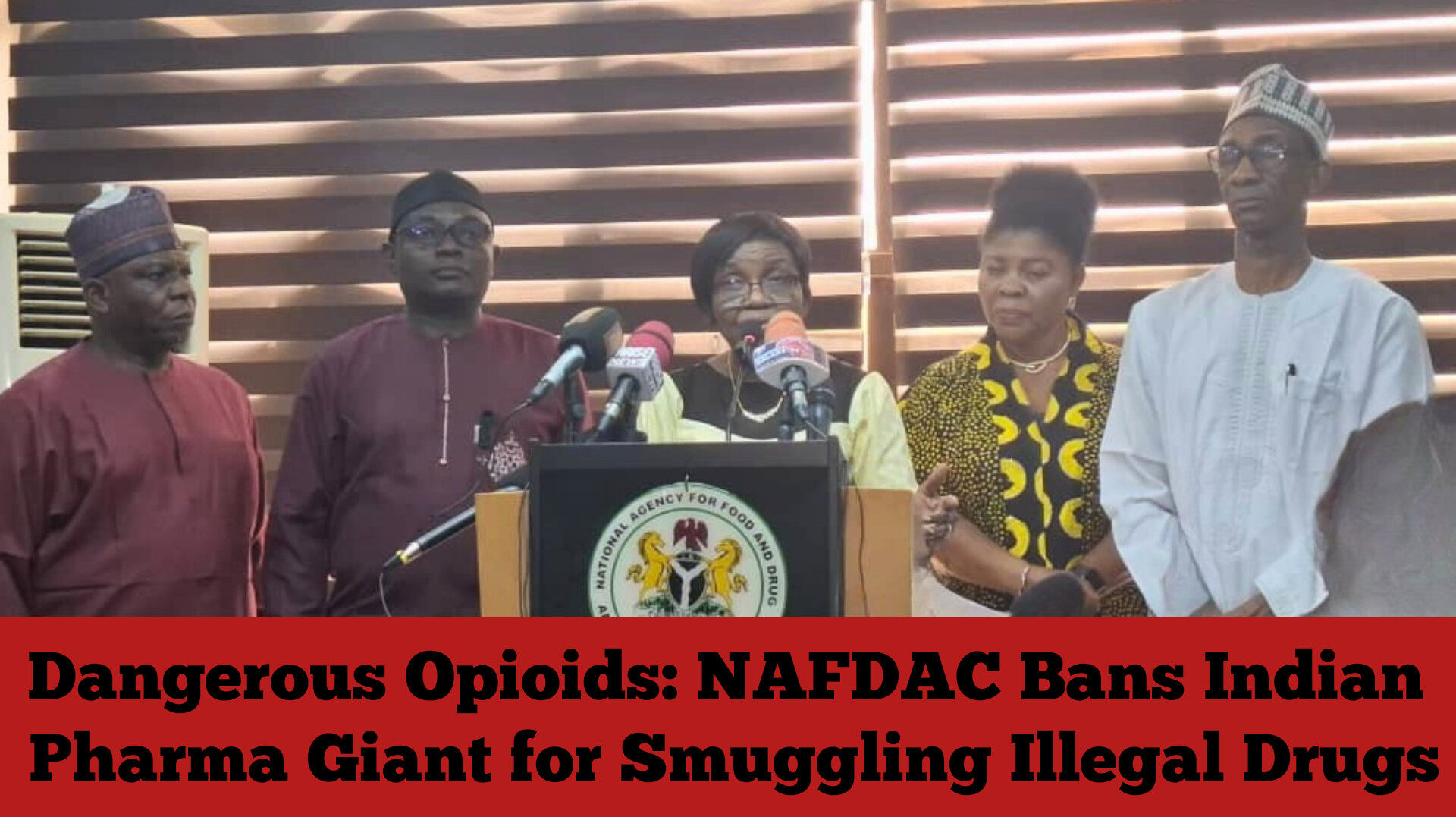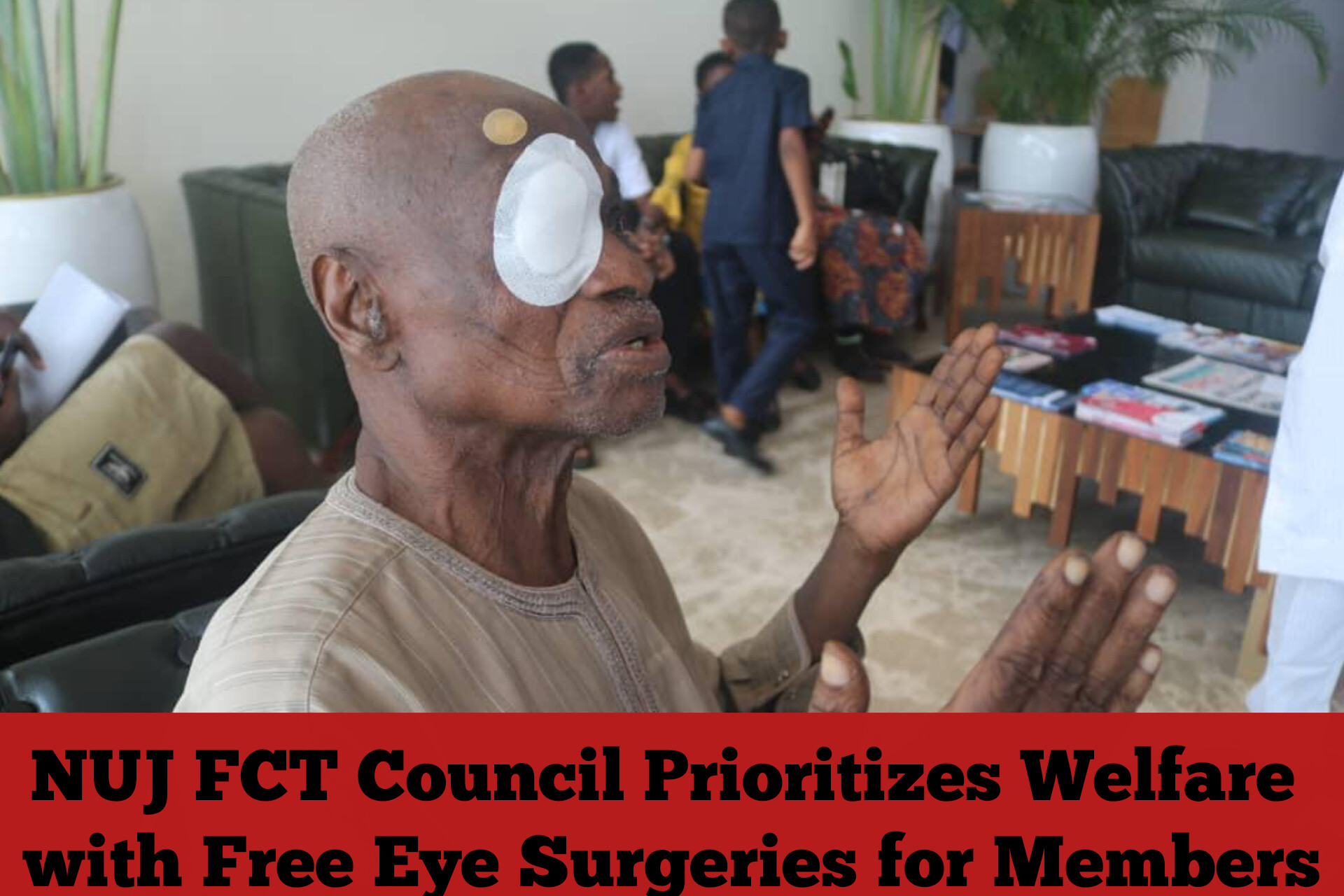The National Agency for Food and Drug Administration and Control (NAFDAC) has banned Aveo Pharmaceuticals, an Indian pharmaceutical company based in Mumbai, for its involvement in the illegal production and distribution of dangerous opioid drugs across Nigeria and West Africa.
Speaking at a press conference in Abuja, NAFDAC’s Director General, Prof. Mojisola Adeyeye, disclosed that the company, led by Vinod Sharma, was manufacturing and exporting Tapentadol, a potent opioid, and Carisoprodol, a banned muscle relaxant with highly addictive properties.
According to Prof. Adeyeye, these substances were combined and sold under brand names such as Tafrodol and Royal 225, posing severe health risks, including overdose and death.
The decision to blacklist the company followed an investigative report by BBC World Service, which revealed that drugs bearing the Aveo Pharmaceuticals logo were being sold illegally in Nigeria, Ghana, and Côte d’Ivoire. The report also uncovered the production of high-dose Tramadol (250mg and above), which is prohibited in Nigeria.
An undercover investigator posing as an African businessman recorded a meeting with Vinod Sharma, who admitted to exporting large quantities of these drugs for illicit use across West Africa. The substances, which are not registered or approved by NAFDAC, are widely abused as cheap street drugs, leading to severe health complications, including respiratory distress, seizures, and fatal overdoses.
Prof. Adeyeye emphasized that NAFDAC has intensified efforts to curb the circulation of illicit pharmaceuticals and has placed stringent measures to prevent Aveo Pharmaceuticals from registering any products in Nigeria.
“NAFDAC is committed to protecting public health by enforcing international best practices in drug registration, conducting rigorous manufacturing inspections, and implementing strict laboratory analysis of pharmaceutical products,” she stated.
She also highlighted the agency’s Post-Marketing Surveillance and Pre-Shipment Inspection Scheme (Clean Report of Inspection and Analysis – CRIA) for high-risk countries like India, which aims to prevent the importation of substandard and falsified drugs into Nigeria.
Prof. Adeyeye urged Nigerians to avoid unregistered medications and only use drugs prescribed by licensed healthcare professionals.
“We are making Nigeria a hostile environment for those involved in the unethical distribution of dangerous and substandard drugs,” she concluded.



